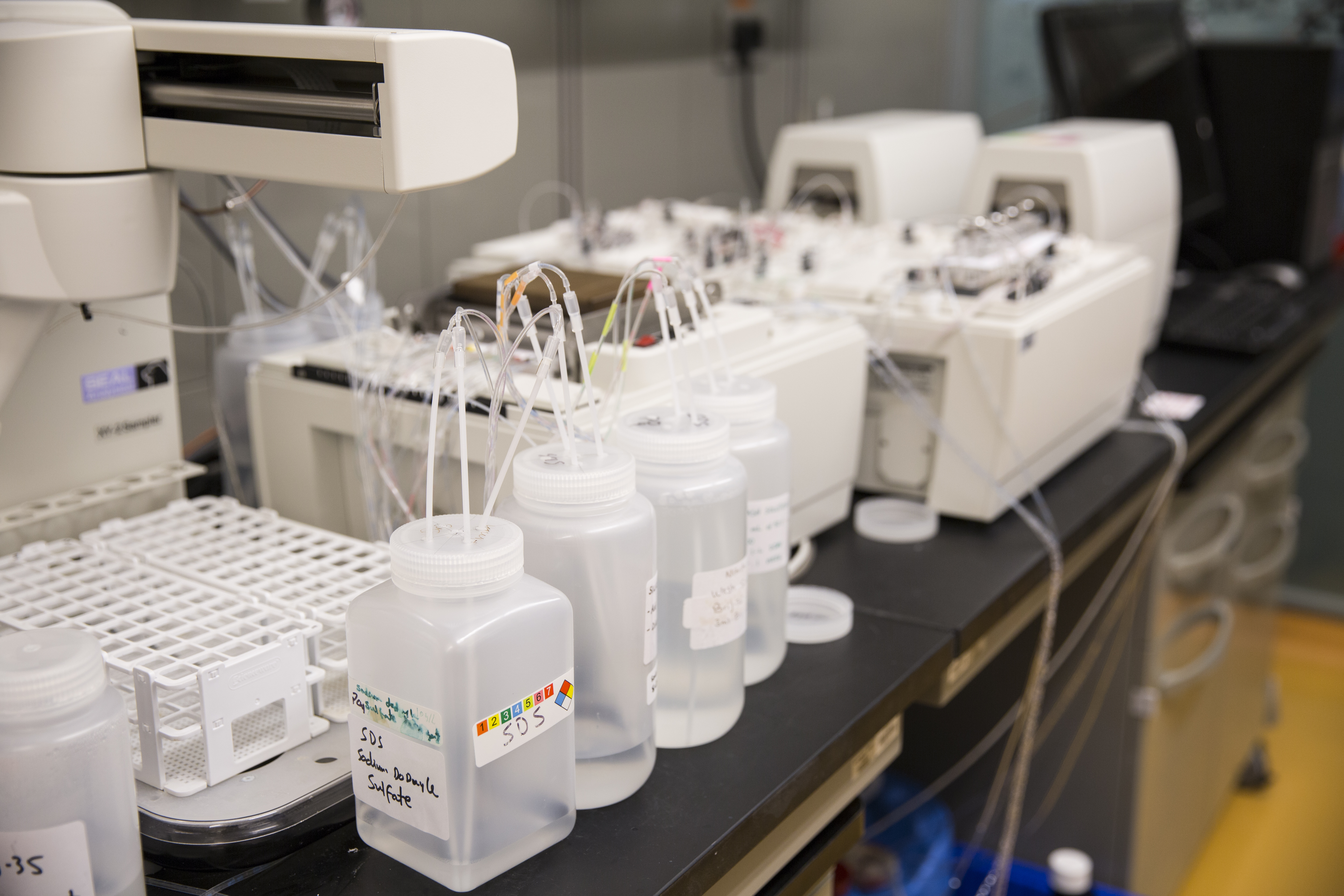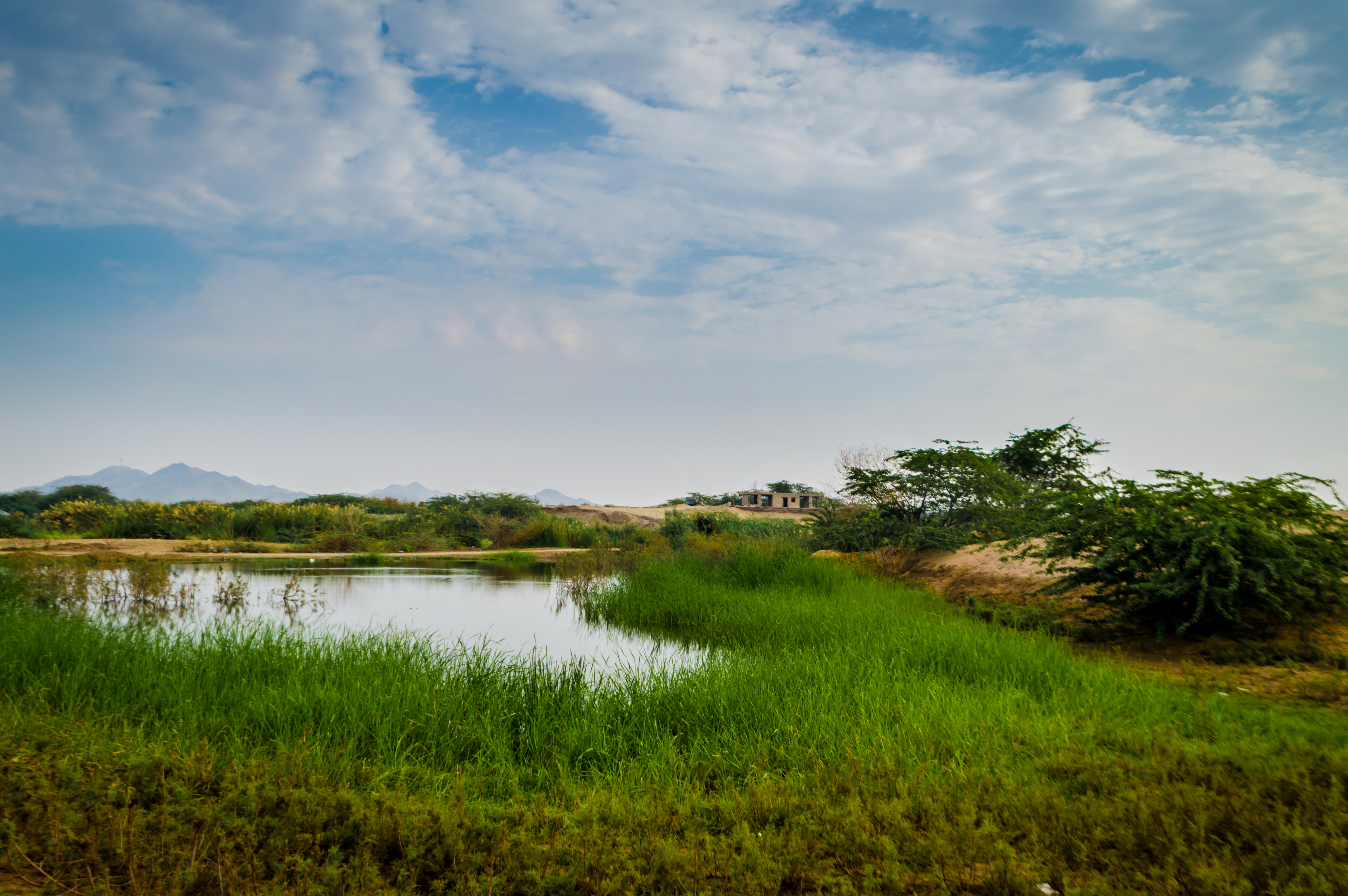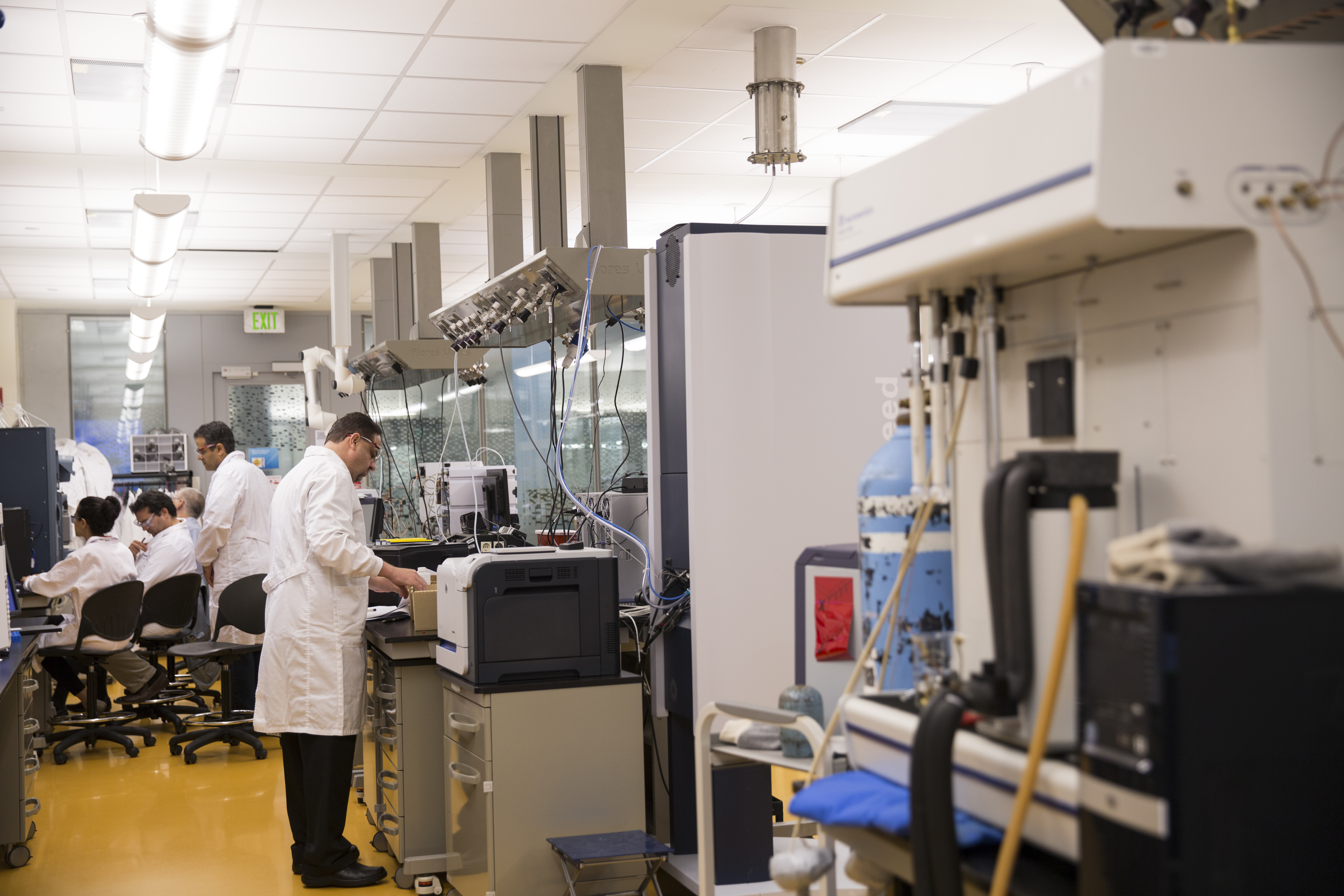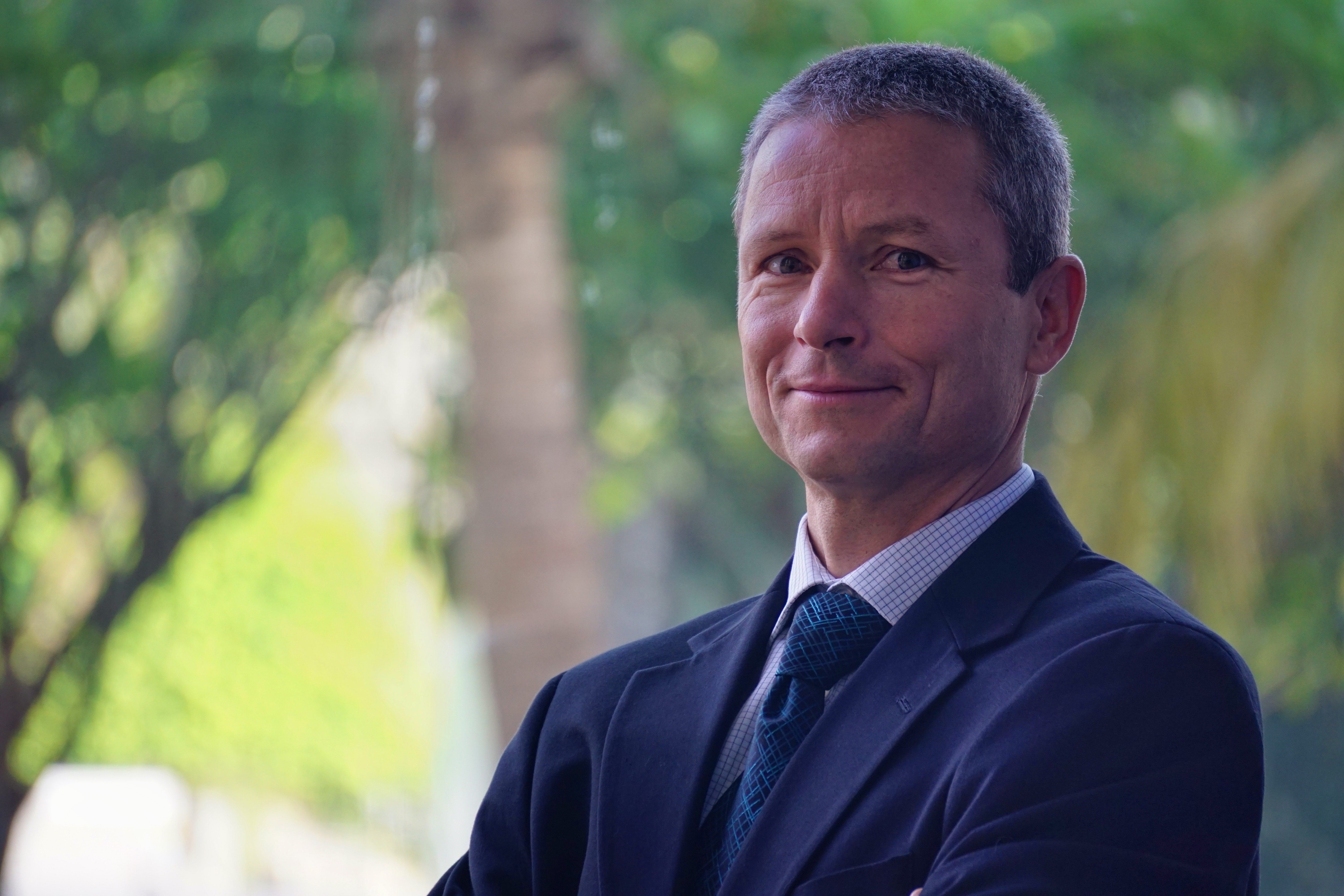Saudi student expands research in KAUST Analytical Chemistry Core Lab

Saudi student Kamal Mousa Al-Jahni, a graduate of King Abdulaziz University, is working in the KAUST Analytical Chemistry Core Lab on research connected to natural water springs in the Kingdom. He will soon complete his Ph.D. from the University of South Florida. File photo.
-By Abdullah Alhamdan, KAUST News
Kamal Mousa Al-Jahni's educational journey started over 10 years ago when he joined the Faculty of Marine Sciences at King Abdulaziz University (KAU) in Jeddah for his bachelor's degree. He graduated in 2009, and then received his master's degree in environmental and ocean sciences in 2013. After his master's degree, Al-Jahni wanted to expand on his research, so he began a Ph.D. in ecology at the University of South Florida (U.S.).
For his Ph.D., Al-Jahni conducts fieldwork in Saudi Arabia and other countries in the Arabian Peninsula. He has also been using the facilities of the KAUST Analytical Chemistry Core Lab (ACL) for his research, and collaborates with King Saud University in Riyadh.
Al-Jahni decided on KAUST after "learning of the University's expansive facilities for conducting specialized tests in [his] field of research, in addition to [knowing of] the highly distinguished teaching cadres under the chairmanship of Dr. Heiko Langner, director of ACL, and his exceptional laboratory team," he explained.
Al-Jahni's Ph.D. project is an extension of his master's degree research and focuses on natural water springs in Saudi Arabia from an environmental point of view. The ambitious project also includes areas in Jordan and Oman. His findings have generated interest all over the world, with 600 users already downloading his results. In the future, he would like to conduct more environmental research on the Kingdom's water resources and those in the Arabian Peninsula in general.

Saudi student Kamal Al-Jahni focuses his Ph.D. research on natural water springs in Saudi Arabia, Jordan and Oman. Image courtesy of Shutterstock.
During his Core Labs experience, Al-Jahni aimed to learn more about the correct way to conduct his studies. His goal was to attend training on obtaining and studying research samples under the supervision of specialists, and therefore discover how to use highly complex lab equipment with ease.

The University's Analytical Chemistry Core Lab has been an attractive place for Saudi student Kamal Al-Jahni to conduct his research for his Ph.D. File photo.
"The benefits I gained from [my KAUST] experience were based on two important factors. The first was getting the green light on how to collect and save samples for laboratory tests, and the second was the opportunity use the top-notch lab equipment under the assistance of the University's Core Labs team and staff," he said.

Saudi student Kamal Mousa Al-Jahni cited the 'highly distinguished teaching' provided by the University's Analytical Chemistry Core Lab (ACL) under the chairmanship of Dr. Heiko Langner, director of ACL (pictured), as a reason he chose KAUST for his research. File photo.
"In Saudi Arabia, we are moving in line with the framework of the National Transformation Program on our journey towards Saudi Vision 2030," he noted. "This requires a lot of hard work and focus, but we have an opportunity to realize remarkable achievements. Because of this, the Kingdom is paying close attention to all forms of scientific research and exerting a huge effort toward developing curricula, methods and tools. We must all work together to achieve Vision 2030."

